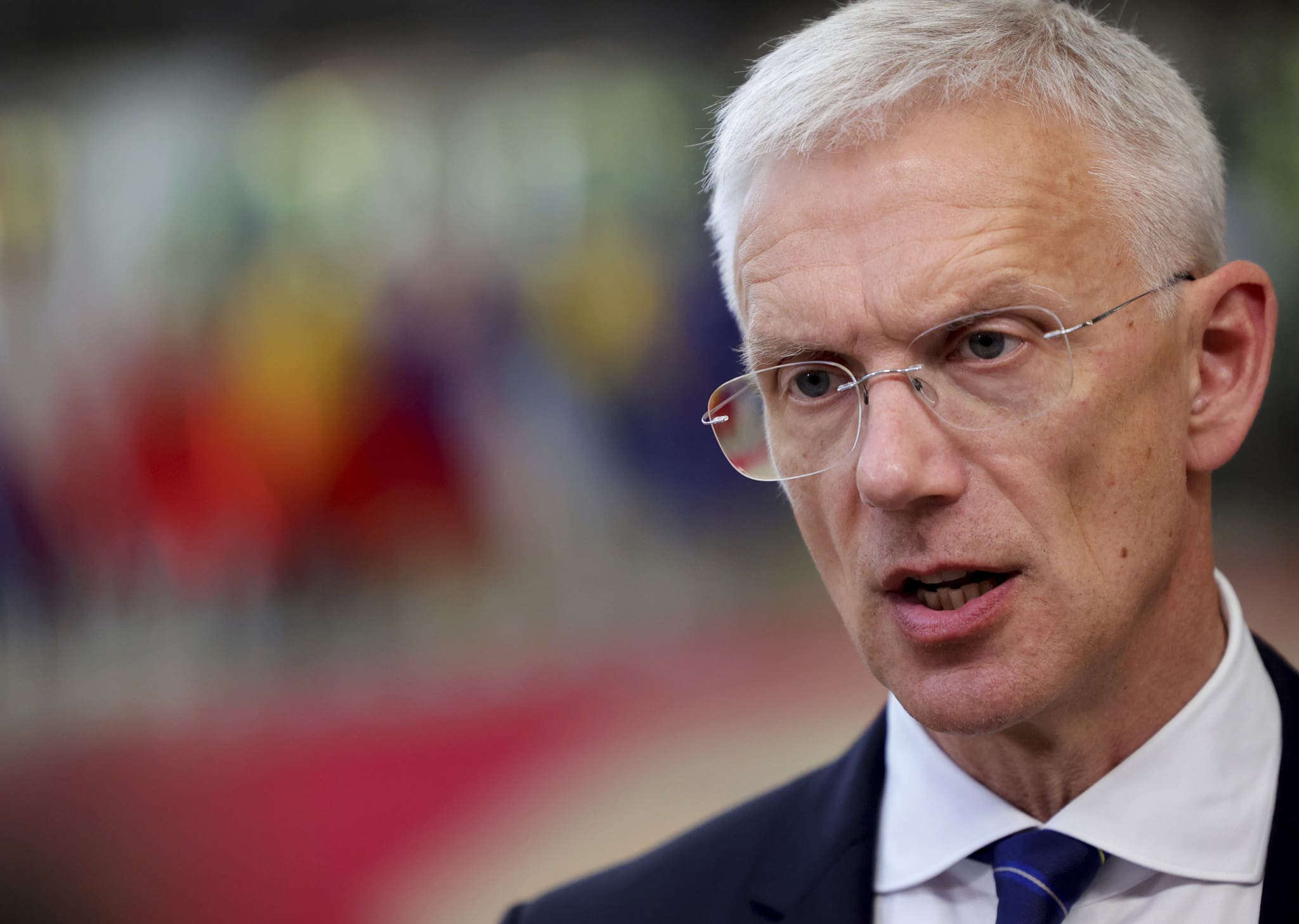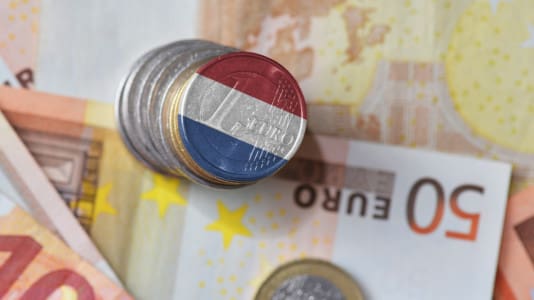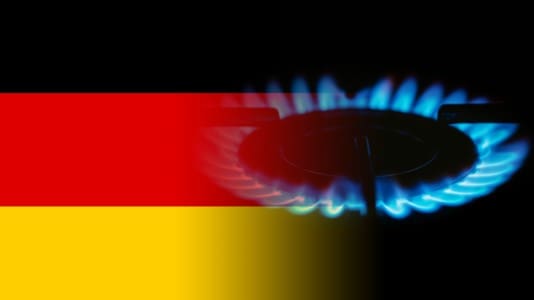Latvians head to the polls on Saturday in a general election expected to be dominated by center-right and right-wing parties.
Prior to Russia’s invasion of Ukraine in February, the left-wing Social Democratic Party (SDPS), currently in opposition, enjoyed top spot in the opinion polls. However, as the national conversation shifted toward questions of national identity and security concerns, the ruling center-right coalition has enjoyed a resurgence.
In February, the SDPS, which currently holds the most seats in the Latvian parliament, had the support of 16 percent of Latvians, but recorded a figure just half that in the latest polling a week before election day.
Similarly, the Union of Greens and Farmers, albeit a more center-ground party than the typical Green parties in Europe, has suffered a drop in support from 12 percent to 9 percent as talk of Russian aggression and national security dominate living rooms in Riga and beyond.
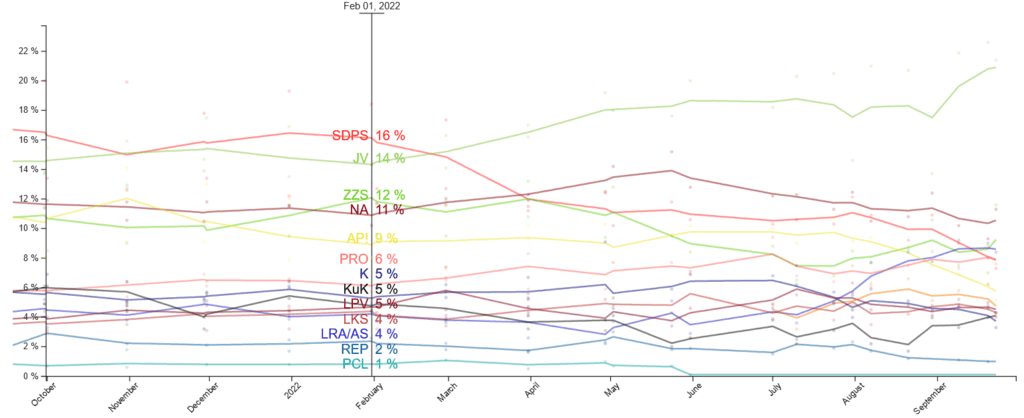
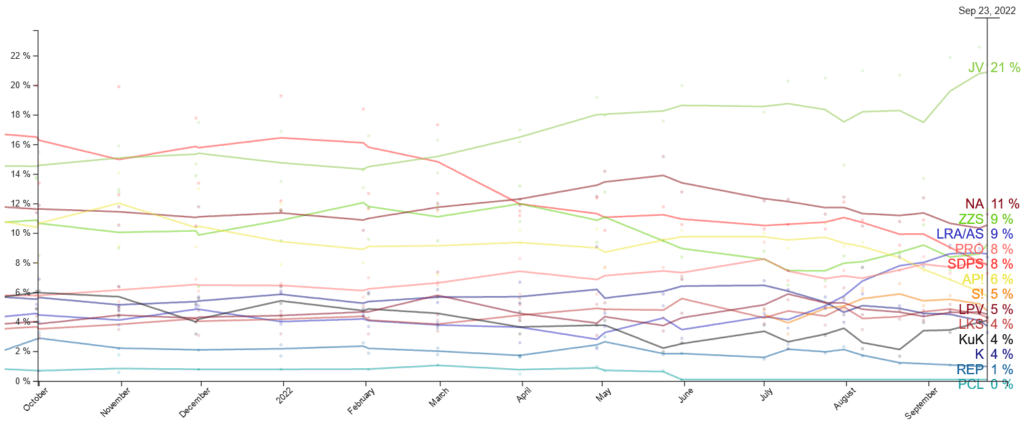
On the contrary, Prime Minister Krisjanis Karins’ center-right New Unity (JV) party has seen its support increase by 50 percent in the last seven months, and with its main coalition partner, the conservative National Alliance (NA) maintaining its level of support, the ruling government parties will likely be returning to power with a far clearer mandate.
With just 7 percent of the vote at the last general election, JV is on course to receive triple that on Saturday, if the polls are accurate.
The 100 members of the Latvian parliament, known as the Saeima, are elected by a proportional representation voting system from five constituencies, with the number of seats up for grabs in each ranging from 13 to 32.
Despite a considerable Russian minority in the country, ethnic Latvians remain incredibly wary of their Russian neighbor, and the country plays a key role in NATO in Europe’s northeastern region.
Alongside its Baltic allies of Estonia and Lithuania, the Latvian government has restricted entry into the country of Russian citizens directly from Russia, and has banned the use of the Russian language in workplaces across the country.
Earlier this week, Rihards Kols, deputy head of the conservative National Alliance party, told Reuters: “What has been the problem for (Russian speakers), for the last 30 years, to learn the state language? If you didn’t, you don’t want to be a full member of the society.”
[pp id=43024]
The country has also banned Russian gas despite its previous high-dependency on the commodity, and has unveiled plans to build its own terminals to receive liquefied natural gas from other nations.
Its president, Egils Levits, has also not held back in revealing his support for the formation of a special tribunal to preside over alleged Russian war crimes in Ukraine.
The Latvian president in July announced the country’s intention to increase defense spending from 2 percent of gross domestic product (GDP) to 2.5 percent by 2025.
A key objective of the next government will be to tackle the economic challenges gripping the nation, with sky-high inflation of 22.4 percent being recorded in September, fueled by rising energy prices.


